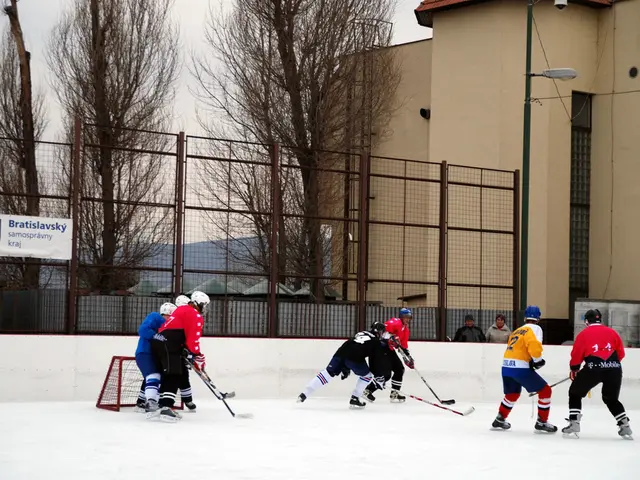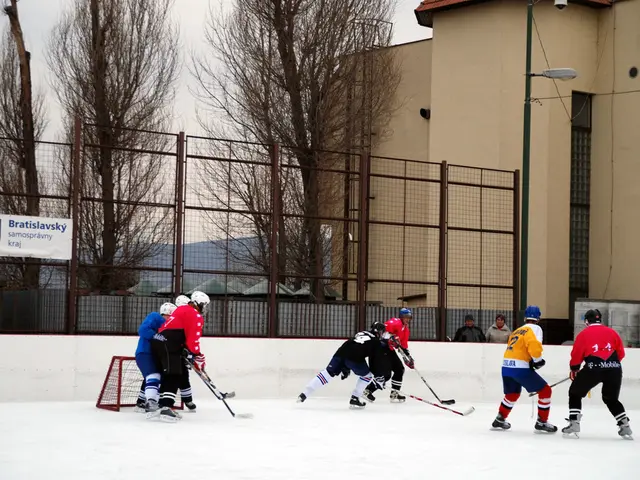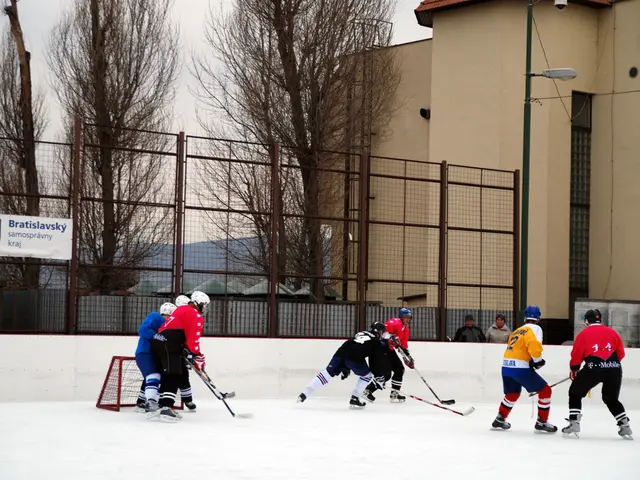Title: Schleswig-Holstein's Leisure Entry Bans During COVID-19: A Legal Perspective
For leisure enthusiasts wishing to visit Schleswig-Holstein in April 2021, a surprising obstacle came their way — a legal ban on entering the state. The Schleswig-Holstein Higher Administrative Court (OVG) confirmed this ban's legitimacy, as it dismissed an appeal by a Hamburg lawyer who sought to challenge its validity.
According to the OVG's decision, the leisure ban represented a severe infringement on fundamental rights but was justified by necessary protective measures under the Infection Protection Act. The court's verdict aligned with the broader legal framework designed to combat the COVID-19 pandemic.
The applicant, a fishing enthusiast, encountered the leisure ban while planning an Easter excursion to Schleswig-Holstein's coastline. The ban, he argued, violated his constitutional rights, but the court reasoned that it was a proportionate response to the pandemic's grave consequences.
Despite a Senate decision not to permit an appeal to the Federal Administrative Court, the parties involved still had the option to seek redress through an appeal once the reasons for the court's judgment were made available.
In the context of the COVID-19 pandemic, such restrictive measures were essential to safeguard public health. Non-essential activities, like fishing, had to be put on hold temporarily as they posed potential risks to public health.
Legality of Emergency Measures
The legal basis for these restrictions, upheld by the Schleswig-Holstein Higher Administrative Court, stemmed from the Infection Protection Act (IfSG). This law permitted state governments to establish restrictions on public life to prevent the spread of infectious diseases.
The German government mobilized various legal tools to impose emergency measures during the pandemic. The key criteria revolved around the seven-day incidence and hospitalization incidence. Once these thresholds were exceeded, state governments were granted the authority to enforce new restrictions.
Furthermore, measures such as the "3G," "2G," and "2G+" rules clarified the access limitations to certain venues. While the "3G" rule catered to individuals fully vaccinated, recovered, or recently tested negative, the "2G" and "2G+" rules admitted only vaccinated and recovered individuals, respectively, with an added negative test requirement.
Court Rulings
The German Constitutional Court and other administrative courts validated these measures, citing the life-threatening pandemic situation and the temporary nature of their implementation. For instance, the court affirmed that the emergency brake measures, including curfews and contact restrictions, were constitutional due to the availability of online learning opportunities for schools and the acknowledgment of the measures' time-bound nature.
Conclusion
The leisure entry ban in Schleswig-Holstein during the COVID-19 pandemic was a stark reminder of how fundamental rights, often taken for granted, could be revoked in the face of a grave public health crisis. By adhering to the Infection Protection Act, state governments can enforce emergency measures during a pandemic, ensuring the preservation of public health.








